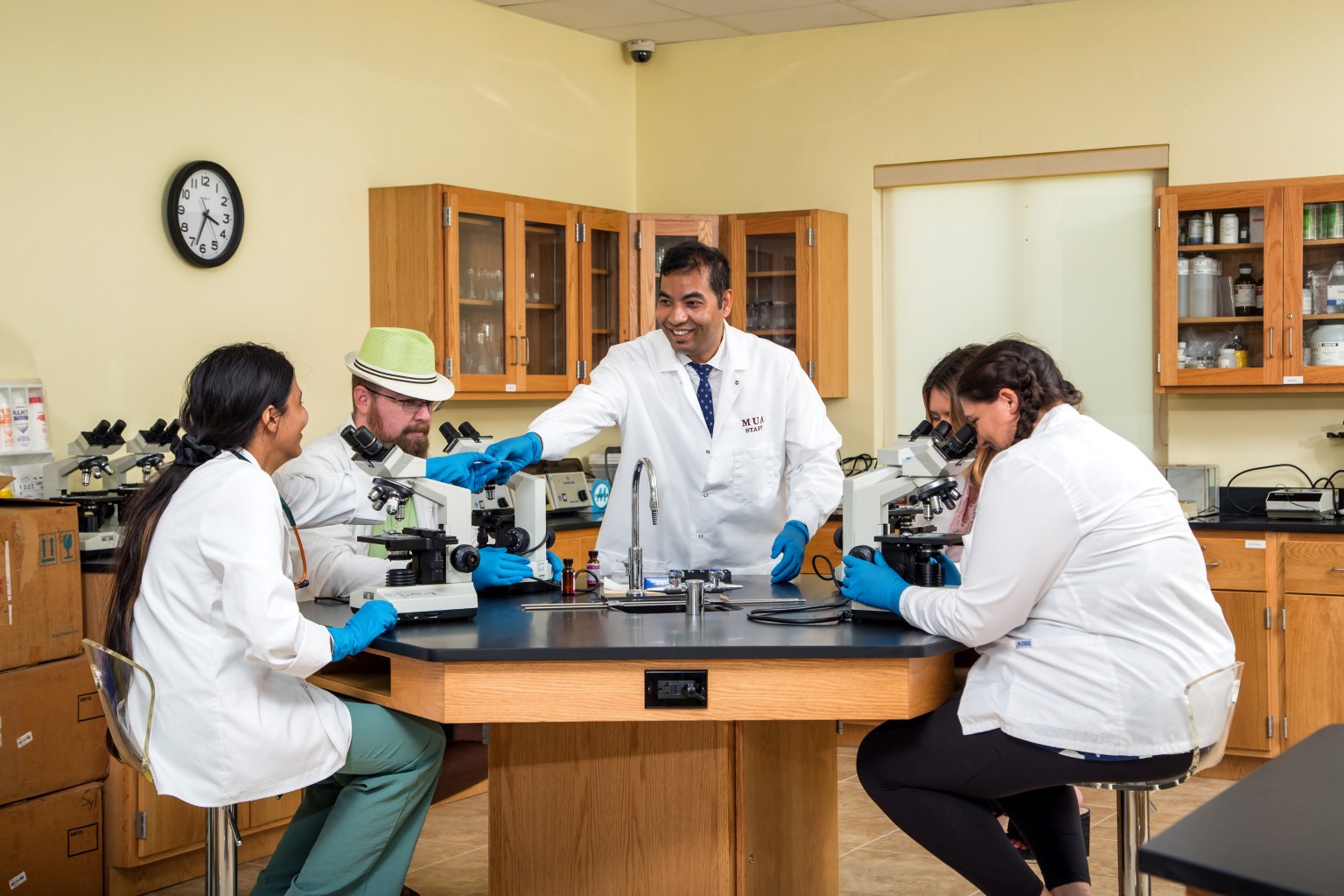Because the medical profession is governed by ethical principles, a candidate must have the capacity to learn and understand these values and perform within their guidelines. Candidates must be able to relate to patients, as well as staff and colleagues, with honesty, integrity, non-discrimination, self-sacrifice, and dedication. Candidates must be able to develop mature, sensitive, and effective relationships with patients. Candidates must be able to identify personal reactions and responses, recognize multiple points of view, and integrate these appropriately into clinical decision-making. Candidates must be able to communicate and care for, in a non-judgmental way, persons whose culture, sexual orientation, or spiritual beliefs are different from their own. The candidate must be able to examine the entire patient, male or female, regardless of the candidate’s social, cultural, or religious beliefs. A candidate must possess the emotional health required to fully utilize their intellectual abilities, exercise good judgment, complete patient care responsibilities promptly, and relate to patients, families, and colleagues with courtesy, compassion, maturity, and respect for their dignity. The candidate must display this emotional health and flexibility despite stressful work, physically taxing workloads, changing environments, and in the face of uncertainties inherent in the clinical problems of many patients. Compassion, integrity, concern for others, interpersonal skills, interest, and motivation are all personal qualities assessed during the admissions and education processes.
Candidates must be capable of fulfilling applicable class and clinical attendance requirements and meeting applicable deadlines for completion of curricular and clinical responsibilities. Candidates must be able to cooperate with others and work effectively as a member or leader of a healthcare team or other professional group, accept and modify behavior in response to constructive feedback from others, and take personal responsibility for making appropriate positive changes.
Candidates must be able to function effectively in new, different, and /or distant social environments, including instances where they are separated from their customary support structure or family unit. They must know their limits, recognize when they should seek professional consultation, assistance and/or supervision, and do so in a timely manner. Candidates, like physicians, must have the capacity to self-assess their ability to function at the level necessary to provide effective and safe care of their patients and to proactively seek appropriate assistance or treatment before impairments compromise patient care and safety.

